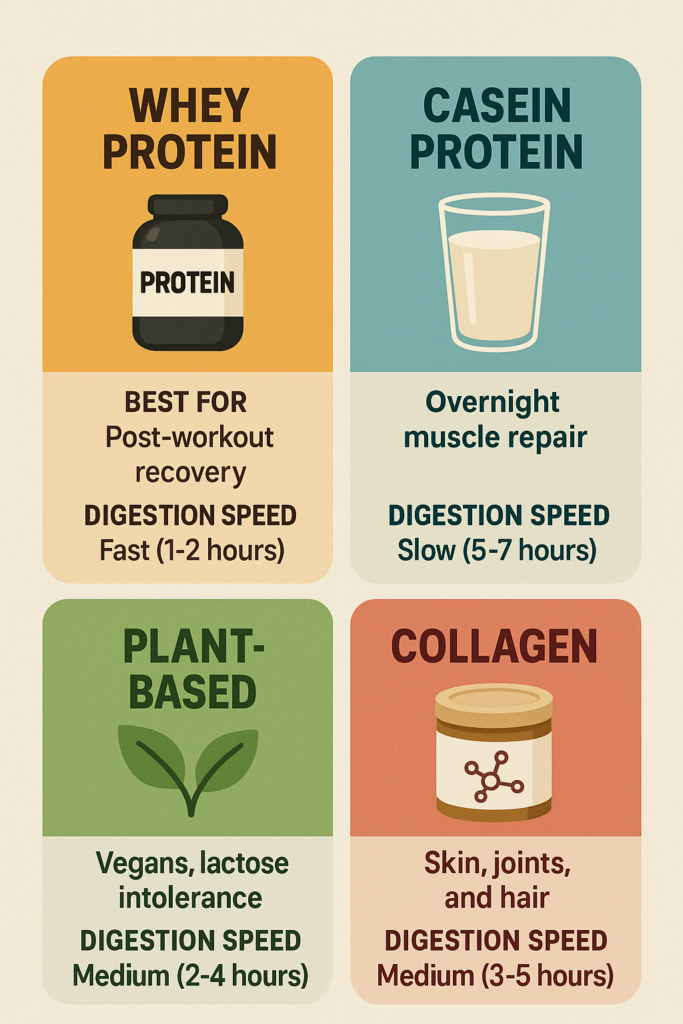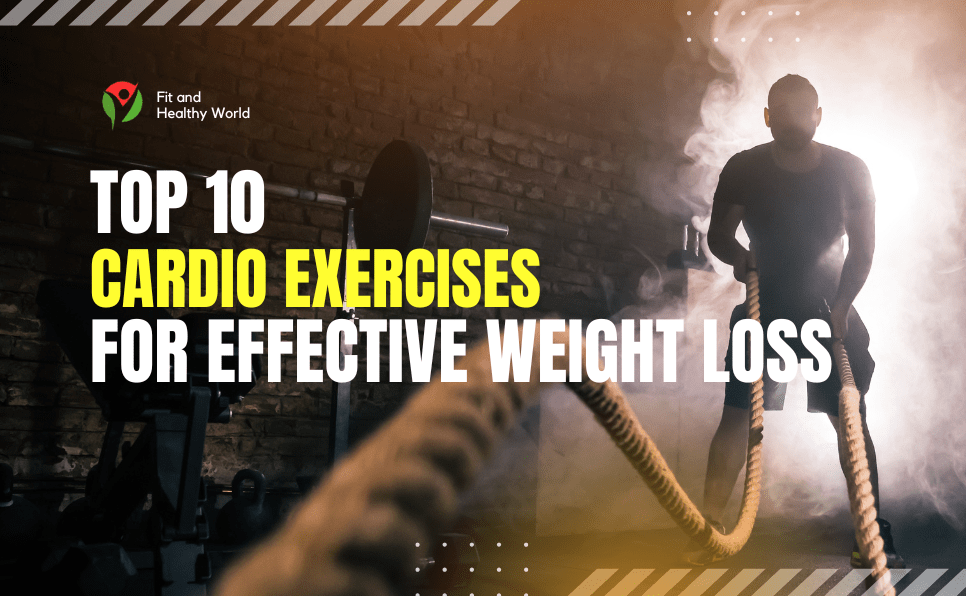Protein shakes have been a highlight for fitness enthusiasts and health buffs seeking to promote muscle growth, aid weight loss or fulfill their protein needs for the day. Whether you’re an athlete looking to maximize your workout results or you’re simply looking to improve your overall nutrition, the perfect shake can contribute a lot.
But when is the best time to drink a protein shake? Should it be before or after a workout? Can it replace a meal? This guide dives into the science-backed benefits, optimal timing, and smart ways to incorporate shakes into your routine—so you get the most out of every sip. Let’s explore how to maximize results without the guesswork!
What Are Protein Shakes?
Protein shakes are beverages that are made by mixing protein powder with water, milk or another liquid. They’re a quick source of high-quality protein, especially when you’re short of time for a full meal. Athletes favor them for muscle recovery, and other people use them to lose weight or as a convenience.
Unlike whole foods, protein shakes digest quickly, making them perfect for post-workout recovery. But they shouldn’t replace real food entirely. Whole foods provide fiber, vitamins, and minerals that shakes lack. Think of them as a supplement, not a meal replacement.
Benefits of Protein Shakes
One of the biggest protein powder benefits is muscle repair. After a workout, your muscles need protein to rebuild. Shakes deliver amino acids fast, speeding up recovery. Studies show they help increase muscle mass when combined with strength training.
Another major perk? Weight management. Protein keeps you full longer, reducing cravings. It also boosts metabolism, helping you burn more calories. For busy people, shakes are a quick way to hit daily protein intake goals without cooking.
Types of Protein Powders
Not all protein powders work the same. Here’s a breakdown of the most popular types:

Whey is the most popular for muscle growth, while casein is great before bed. Vegan protein powder (like pea or hemp) works well for those avoiding dairy.
How Much Protein Do You Need?
The ideal protein intake for muscle growth varies depending on your weight and activity level. The normal recommendation is 0.7 to 1 gram of protein per pound of body weight, which is 105-150 grams daily for someone who weighs 150 pounds.
But more isn’t always better. An excessive amount of protein can overwork the kidneys over time. If you already have kidney problems, consult a doctor before upping your intake.
Best Time to Drink a Protein Shake
Protein shakes before or after a workout? Both work, but post-workout is ideal. Your muscles absorb nutrients fastest within 30 minutes of exercise.
Other good times:
- Morning – Kickstarts metabolism.
- Before bed, Casein prevents muscle breakdown overnight.
- Between meals – Curbs hunger for weight loss.
Avoid drinking them alone—pair with carbs or healthy fats for balanced nutrition.
Protein Shakes for Weight Loss
Do protein shakes help you lose belly fat? Yes, but only if used right. High-protein diets reduce hunger and increase calorie burn. A study found that people who drank weight loss shakes lost more fat than those who didn’t.
The best shakes for fat loss are:
- Low in sugar
- High in protein (20-30g per serving)
- Mixed with water or unsweetened almond milk
Potential Side Effects of Protein Shakes
Some people experience bloating, gas, or cramps—especially with whey protein. This often happens if you’re lactose intolerant. Switching to plant-based protein powder can help.
Too much protein can also cause:
- Kidney stress (if you already have issues)
- Weight gain (if shakes add extra calories)
Moderation is key. Stick to 1-2 shakes per day unless you’re an athlete.
Are Protein Shakes Healthy?
Protein shakes are safe for most people. They help with muscle recovery, metabolism, and hitting daily protein goals. But they shouldn’t replace whole foods entirely.
Who should avoid them?
- People with kidney disease
- Those allergic to dairy or soy
- Anyone using them as meal replacements too often
| Person Type | Protein Needed per Day | Notes |
|---|
| Average adult (low activity) | 0.8g per kg of body weight | Basic maintenance |
| Active person | 1.2–1.4g per kg | For light exercise |
| Muscle building | 1.6–2.2g per kg | For gaining muscle |
| Fat loss (with muscle) | 1.6–2.0g per kg | Maintains muscle while losing fat |
| Elderly | 1.0–1.2g per kg | Prevents muscle loss |
| Teenagers | 1.2–1.5g per kg | Supports growth |
| Pregnant women | 1.1g per kg + 25g extra | Supports baby’s development |
Conclusion
Protein shakes are an amazing tool for muscle building, weight loss, and convenient meal replacement, but only when they’re used correctly. “I think it’s a matter of choosing the right protein type, having it at the right time, and having it in the context of a wholesome dietary intake. Whether for whey or plant-based, or casein, the key is consistency. Limit overuse, and whole foods for long-term health. Stay smart, stay strong, and let protein shakes supplement, not supplant, that progress! 💪🔥
Frequently Asked Questions (FAQs)
✅ Is it good to drink a protein shake?
Yes! Protein shakes help build muscle, aid recovery, and support weight loss when used correctly.
✅ Can we drink protein shake everyday?
Absolutely—just balance it with whole foods to avoid missing key nutrients.
✅ Do protein shakes burn belly fat?
Indirectly! They curb hunger and boost metabolism, helping reduce overall fat (including belly fat).
✅ What is the best way to drink a protein shake?
Post-workout for muscle repair or as a snack to stay full longer.
✅ Should I add milk or water to the protein shake?
- Milk: Creamier, adds calories/protein.
- Water: Lighter, fewer calories.



